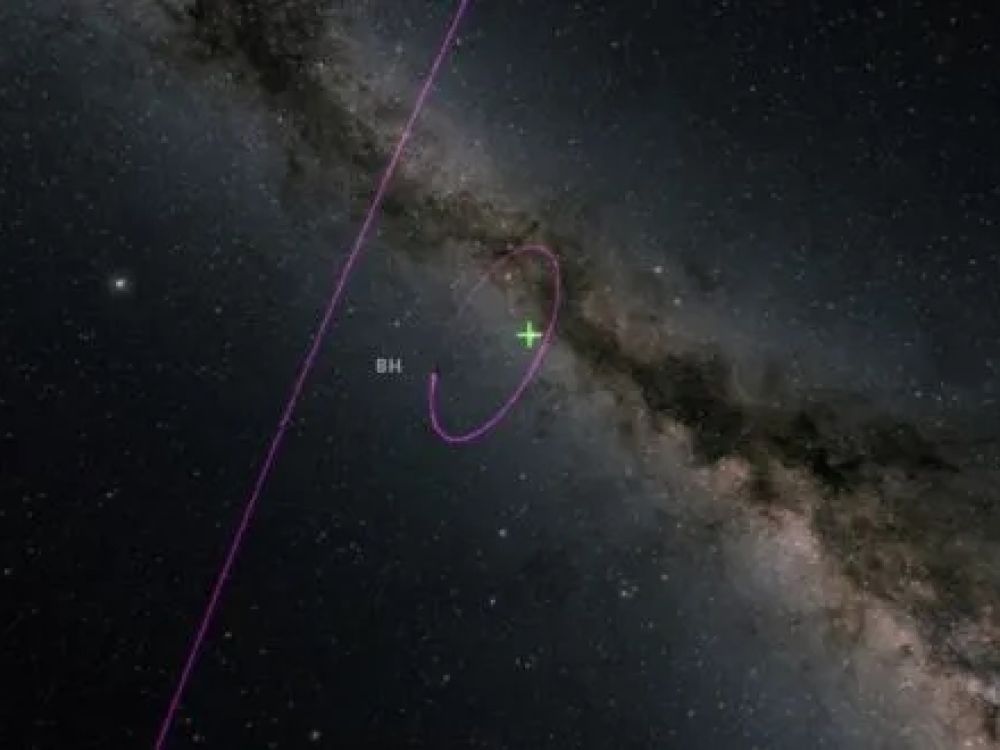
A new, revolutionary way to simplify complex scientific calculations
Your zip software could calculate entropy as well as a supercomputer, TAU researchers say
Researchers at Prof. Roy Beck’s lab have figured out a simple and accessible solution to a problem that even supercomputers struggle with: measuring entropy, the level of molecular disorder or randomness in a complext system. In complex physical systems, the interaction of internal elements is unavoidable, rendering entropy calculation a computationally demanding, and often impractical, task. The tendency of a properly folded protein to unravel, for example, can be predicted using entropy calculations.
Now, a new Tel Aviv University study proposes a radically simple and efficient way of calculating entropy — and it probably exists on your own computer.
“We discovered a way to calculate entropy using a standard compression algorithm like the zip software we all have on our computers,” explains Prof. Roy Beck of TAU’s School of Physics and Astronomy. “Supercomputers are used today to simulate the folding or misfolding of proteins in diseased states. Our study demonstrated that by using a standard compression algorithm, we can provide new insights into the physical properties of these proteins by calculating their entropy values using a compression algorithm.
A veriety of new solutions
“Having the ability to calculate entropy meets an urgent need to harness the incredible power of computer simulations to address urgent, timely problems in science and medicine,” Prof. Beck adds. The research was led by him and conducted by TAU PhD students Ram Avinery and Micha Kornreich.
According to Prof. Beck, the research has endless applications. From biomedical simulations to basic research conducted in physics, chemistry or material science, the new algorithm would be simple to use on any computer.
“A high school student used our concept to calculate the entropy of a complex physical system — the XY model,” says Prof. Beck. “Although this is considered a challenging problem with regard to entropy, the student accomplished it with very little guidance. This demonstrates how easily this method can be used by almost anybody to solve very interesting problems.”
A by-the-way discovery
The idea for the computational method first came about when Prof. Beck’s students, Avinery and Kornreich, discussed entropy from the point of view of information theory. They wondered how well this idea might work in practice rather than in theory.
“They simulated a few standard physical systems with entropy values they can compare to,” says Prof. Beck. “Soon they found that the simulation data file size after compression rises and falls just as the expected entropy should. Shortly after that, they realized they could convert the compressed file size into a usable value — the physical entropy. Surprisingly, the simple conversion they used was valid for all the systems studied.”
The researchers are currently expanding the application of their methodology to a wide and varied selection of systems. “Since we started working and talking about our work, we have been approached by many researchers from very different fields, asking us to help them calculate entropy from their data,” concludes Prof. Beck. “For now, we are concentrating on simulation of protein folding, a timely and urgent topic that can benefit tremendously from our discovery.”
Related posts








